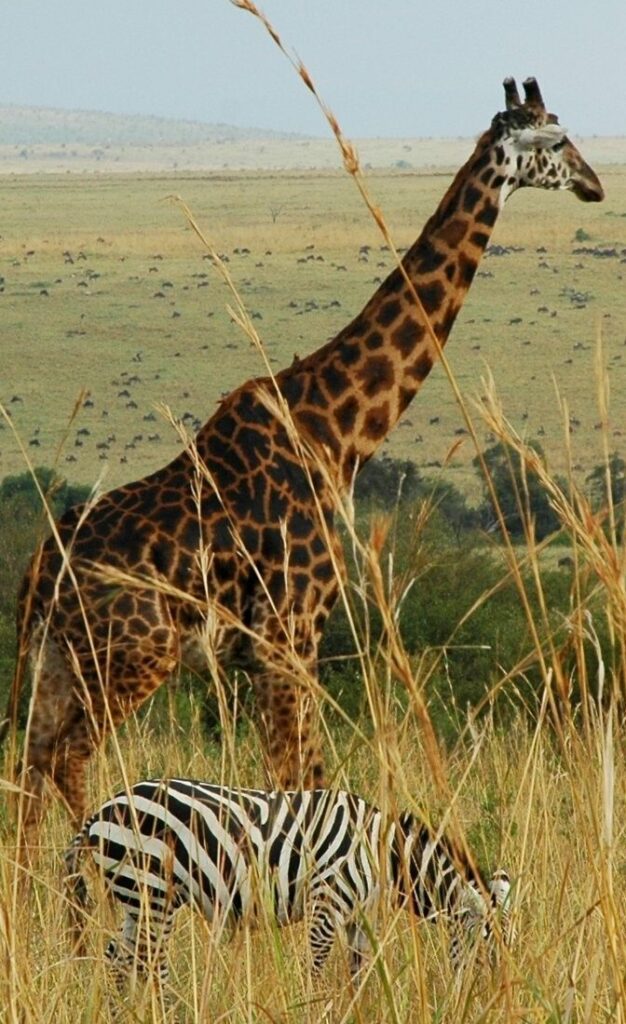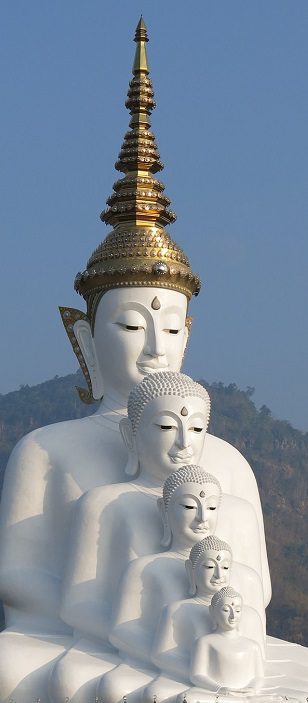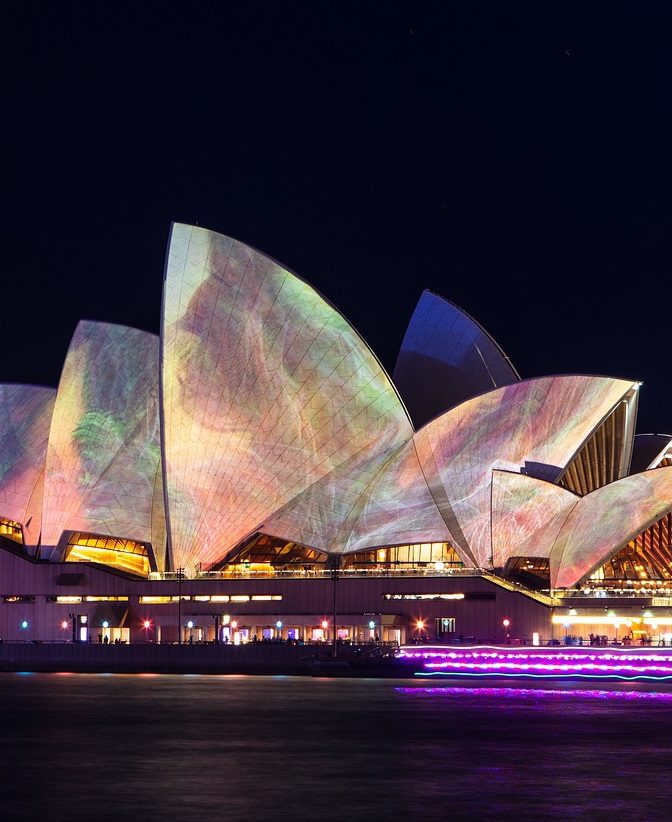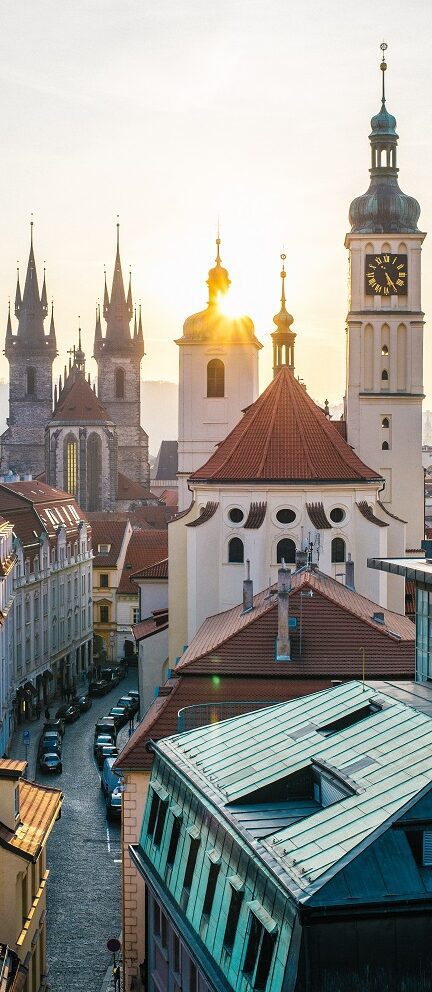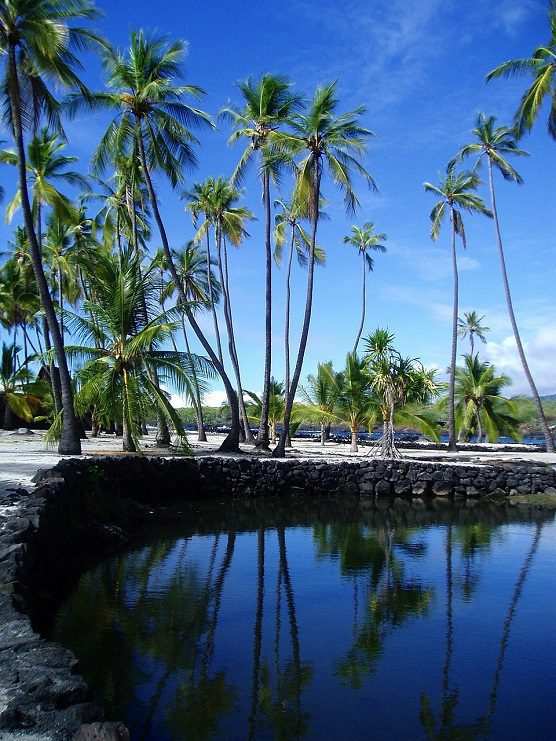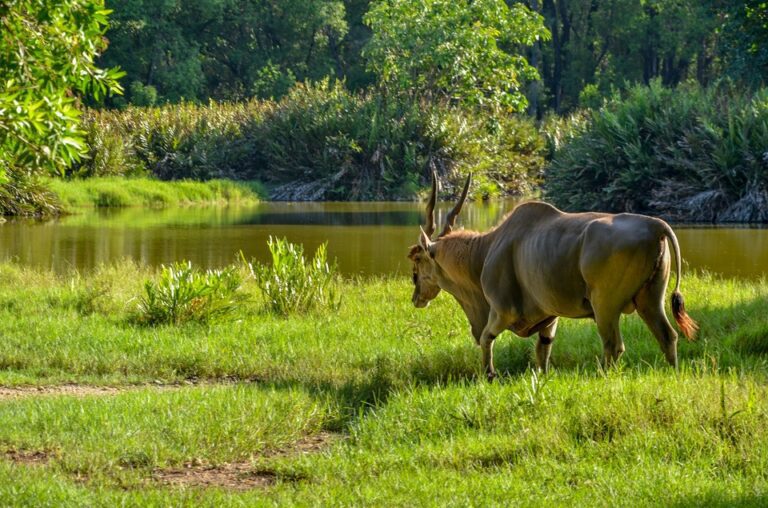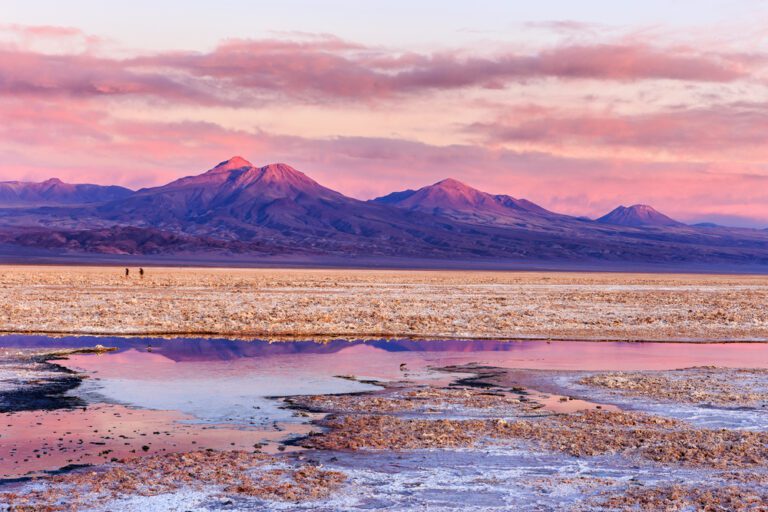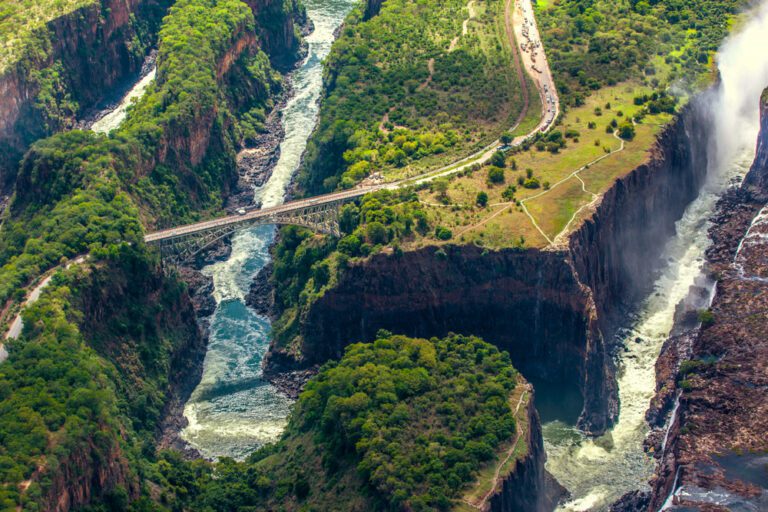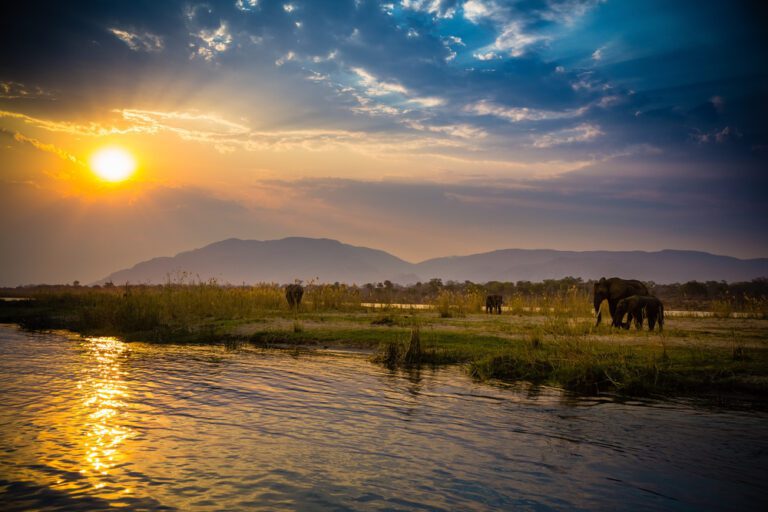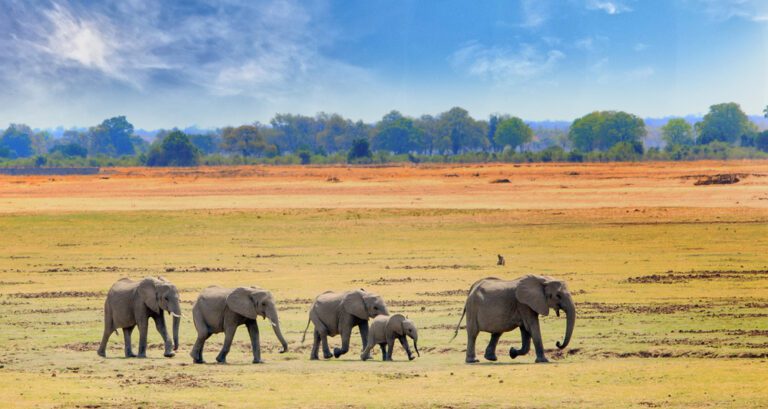Pan Pan has been doing his bit for modern China, and at the grand old age of 30, he’s earned his retirement. “Pan Pan means ‘Hero Father,”’ my guide, Jack Feng, explains. “He’s sired 130 cubs in 20 years.” I look at the world’s oldest male panda, lying on his back in a generous green enclosure — one of 40 at the Dujiangyan Panda Base. The vegetarian bear chews noisily on a length of leafy bamboo. “That’s over six cubs a year,” 1 say. “No wonder he’s taking it easy.” I ask Jack if the word ‘panda’ actually means something in Chinese? “People think it’s the Chinese name for the animal, but it’s not. We call it xiongmao, which translates as ‘bearcat’. There’s a story that the word ‘panda’ comes from a French missionary called Father Armand David, who was the first European to discover the animal. In 1869, he was shown a panda skin by a hunter and he asked what it was. The hunter described the animal using the words ‘ fat ’ and ‘big’. Which in Chinese is ‘pang da’.”

The word is also said to have some Nepalese roots too, but, regardless, during my two hours in the reserve, the animal I thought of as an ‘endangered vegetarian panda’ turns out to be none of these things. The bearcat is an omnivore — in fact, eight million years ago it was a lean carnivore (it still retains relic canines in its lower jaw). And, thanks to the efforts of six panda reserves in Sichuan Province (as well as some heroic copulation by Pan Pan), it’s no longer endangered: in May 2016, the WWF officially reclassified it as ‘vulnerable’, with over 1,400 animals now doing quite nicely in the wild. Pan Pan has also helped to reveal a simple truth. Like most people in the West, I think I know China — it’s the place where 1.35 billion people live in choked-up cities, marching inexorably towards lifestyles enjoyed in the West. Clearly I’m in need of some re-education.
LUXURY, CHINESE-STYLE
My lessons are conducted in a mountainous corner of Sichuan Province. I base myself for five days at the new Six Senses Qing Cheng Mountain, a luxury resort located at the foot of Mount Qingcheng. It’s on the edge of a small city (‘small’ meaning half-a-million people) called Dujiangyan, which in turn is a satellite oft he Chengdu megalopolis, peopled with a rather more substantial 15 million. The resort is owned by US venture capitalists and offers a contemporary escape for wealthy Chinese — an almost unthinkable proposition 35 years ago, when the only five stars that Chinese people saw were those fluttering overhead on Chairman Mao’s red flag. It’s a walled compound with a distinct Zen vibe, with 113 suites that echo an ancient village and the sort of gardens that once moved emperors to poetry. Its three restaurants, spa and 30-metre swimming pool offer perhaps the greatest luxuries of all for Chinese guests — space.

But it’s not long before the very otherness of China becomes apparent. There’s the internet for instance. Or more exactly, there’s not the internet. I’ve got wi-fi in my suite but the ‘Great Firewall of China’ means I need to do a complex virtual private network workaround to access non-Chinese websites — and no amount of geek trickery will get me onto Twitter or Facebook. Unlike in the West, the resort is practically empty most weeks. This is because the Chinese take their breaks according to a well-defined calendar of public holidays; it’s also because in 2013 President Xi Jinping cracked down on lavish (read ‘corrupt’) corporate hospitality, which had become a mainstay of Chinese luxury hotels during the working week. At the weekend, however, it’s the exact inverse.
The entire resort gets booked out, and an oddly Chinese tableau plays out: guests gather in the genteel courtyards with cardboard boxes filled with their own vegetables, fruit and even tea. They spend the afternoon reclined among the sprays of bamboo and trickling streams, indulging and snoozing. Ninety-five percent of guests are Chinese and most oft hem come here to de-stress and, in particular, to breathe the air. Mount Qingcheng, which rises to one side of the resort, is thickly clad in forest and often wreathed in mist. The Chinese believe it to be the nation’s richest source of ‘negative ions’ — oxygen molecules with an extra electron to purify mind and body.

At 6am, I get to taste the air for myself in the grounds of Puzhao Temple. Built into a sheltered cusp of the mountain, the 200-year-old complex is surrounded by equally antique pinetrees, which soar into the swirling clouds. A woman sweeps the flagstones of a courtyard and peacocks cry from tiled rooftops that curve upwards at either end. I’m here to get personal instruction in Qingchengtai chi, the slow-mo version of a local brand of kung fu. My instructor is a very serious 25-year-old grand master called Mr Liu, who demonstrates his elegant, taut-muscle ballet and bids me to follow his patterns. It all goes quite well until he becomes irritated by (of all things) my hand posit ions, and repeatedly halts his instruction to painfully yank my thumbs into more acceptable right-angles.
